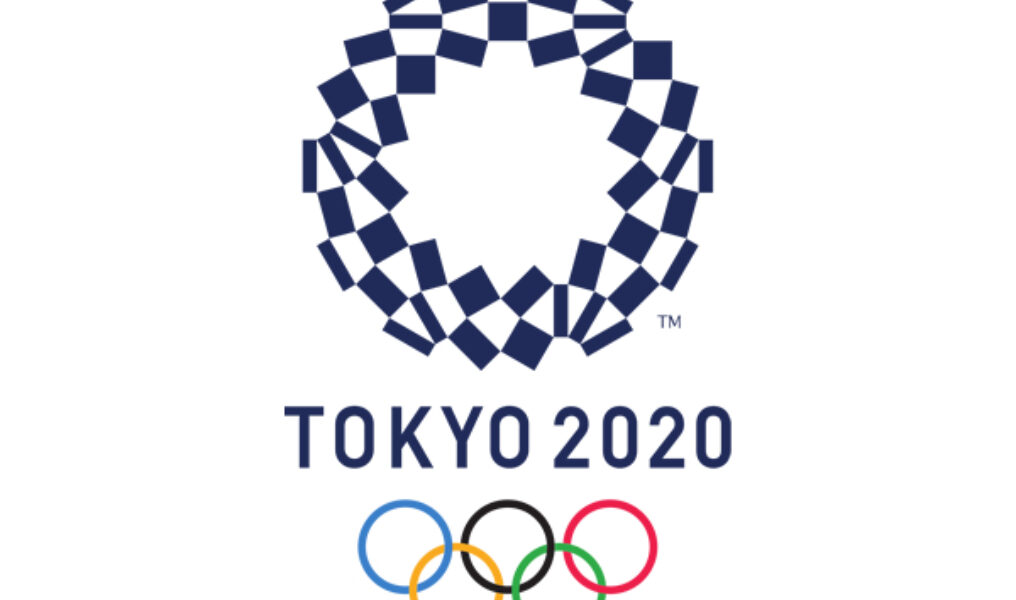The committee that is organizing the 2021 Summer Olympics in Tokyo has declined to say whether Japanese lawmakers' anti-LGBTQ comments violated the Olympic Charter's nondiscrimination clause.
Mainichi, a Japanese newspaper, reported members of Japan's ruling Liberal Democratic Party who attended a meeting about an LGBTQ+ rights bill described LGBTQ+ people as "morally unacceptable" and said "from a biological perspective, human beings must preserve the species, LGBT people go against this."
The International Olympic Committee in 2014 added sexual orientation to the Olympic Charter's nondiscrimination clause, known as Principle 6, after Russia's LGBTQ+ rights record overshadowed the 2014 Winter Olympics that took place that year in the Black Sea resort city of Sochi.
"Please be aware that per the Fundamental Principles of Olympism in the Olympic Charter, as a sports organization within the Olympic Movement, that Tokyo 2020 applies political neutrality and cannot comment on matters concerning remarks from politicians, government legislature and the like," Tokyo 2020 told the Washington Blade on Wednesday in an emailed statement.
Tokyo 2020 President Seiko Hashimoto, who is a member of the Liberal Democratic Party, on April 27 visited Pride House Tokyo Legacy, which is Japan's first permanent LGBTQ+ community center. The statement that Tokyo 2020 sent to the Blade notes the visit.
"President Hashimoto Seiko visited Pride House Tokyo Legacy for the purpose of gaining, on behalf of Tokyo 2020, an understanding of how diversity and inclusion can be promoted through dialogue," said Tokyo 2020. "She further aims to bolster Tokyo 2020's LGBTQ legacy through partnership with Pride House Tokyo, whose key message is 'Everyone should be able to live in their own way without discrimination or harassment, understanding and respecting each other's differences.'"
The statement notes Tokyo 2020 "will share information and raise awareness on LGBTQ issues, sport, culture and education" in its official program. Tokyo 2020 also told the Blade that "diversity and inclusion … is essential to achieving the Tokyo 2020 games vision and delivering successful games."
"Tokyo 2020 will embrace 'diversity' by celebrating the differences of individuals, while 'inclusion' will see people accepted and respected regardless of age, ethnicity, nationality, gender, sexual orientation, religious beliefs or intellectual or physical impairment," reads the statement.
"People of diverse backgrounds influence each other, and these differences lead to the creation of new values within organizations and societies," it added. "Tokyo 2020 want to achieve diversity and inclusion through 'Know Differences, Show Differences,' allowing each person to demonstrate their full capabilities because everyone will understand and respect each other."
Tokyo 2020 further said it "will share this approach with athletes, spectators and games-related personnel. By raising awareness of D&I (diversity and inclusion) to everyone taking part in or attending the games, Tokyo 2020 aims to make D&I an integral part of Japanese society as a post-games legacy."
The IOC Press Office on Friday in a statement to the Blade noted IOC President Thomas Bach has expressed his support for Pride House Tokyo Legacy and welcomes Tokyo 2020's efforts to "embed diversity and inclusion in the Olympic Games model."
The statement notes it is IOC "policy that we hear all concerns, which are directly related to the Olympic Games, and address them through our partners, the organizing committees."
"The IOC addresses each and every one individually," the IOC told the BLade.
The IOC said it works "to ensure these principles are applied in practice," noting the Russian government in 2014 ensured it would not discriminate against athletes who participated in the Sochi games after President Vladimir Putin signed a law that banned the promotion of so-called gay propaganda to minors.
"At the same time, the IOC has neither the mandate nor the capability to change the laws or the political system of a sovereign country," the IOC told the Blade. "This must rightfully remain the legitimate role of governments and respective intergovernmental organizations."
The Olympics were supposed to take place in 2020, but the pandemic prompted officials to postpone them. They are now scheduled to open on July 23 and close on Aug. 8. The Paralympics are slated to take place from Aug. 24 through Sept. 5.
Advocacy groups in Japan and around the world are using the Olympics to underscore the lack of LGBTQ rights in the country.
This article originally appeared in the Washington Blade and is made available in partnership with the National LGBT Media Association.










